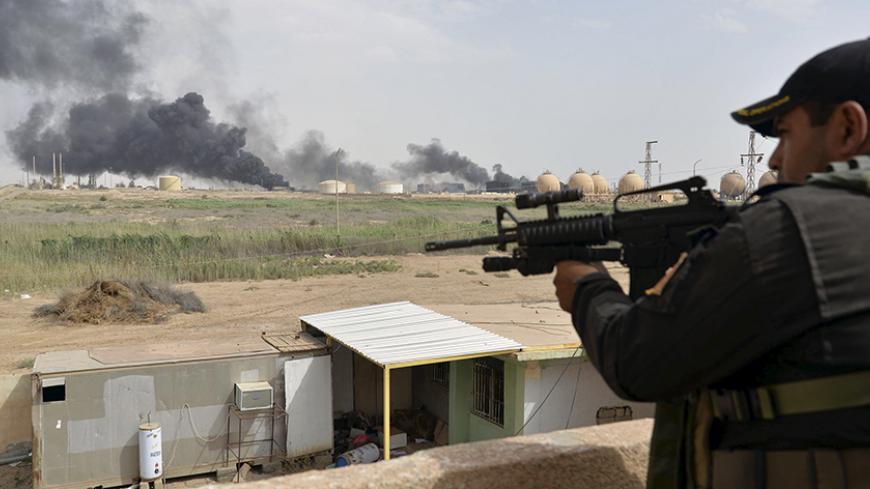BAGHDAD — The Iraqi army, backed by the Popular Mobilization Units, has been engaged in war for more than a year now against the Islamic State (IS). There do not seem to be any prospects that the war, which has affected the livelihoods and social realities of Iraqis, will end anytime soon. The heavy costs incurred by Iraq to acquire weapons and pay fighters led to the declaration of the 2015 austerity budget, which subsequently raised poverty rates in the country.
The economic crisis is not new to Iraq. It started with Iraq’s eight-year war with Iran, which began in 1980, and then escalated with Saddam Hussein's occupation of Kuwait, the economic siege on Iraq and the Gulf War. War in Iraq was renewed for the third time and ended with the US occupation of Iraq in 2003. Iraq is now waging a fourth war, this time against IS.



